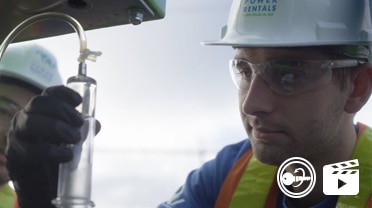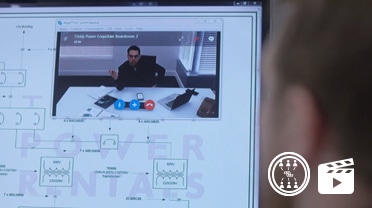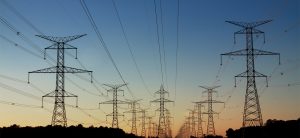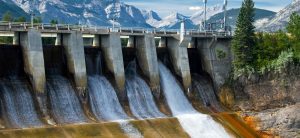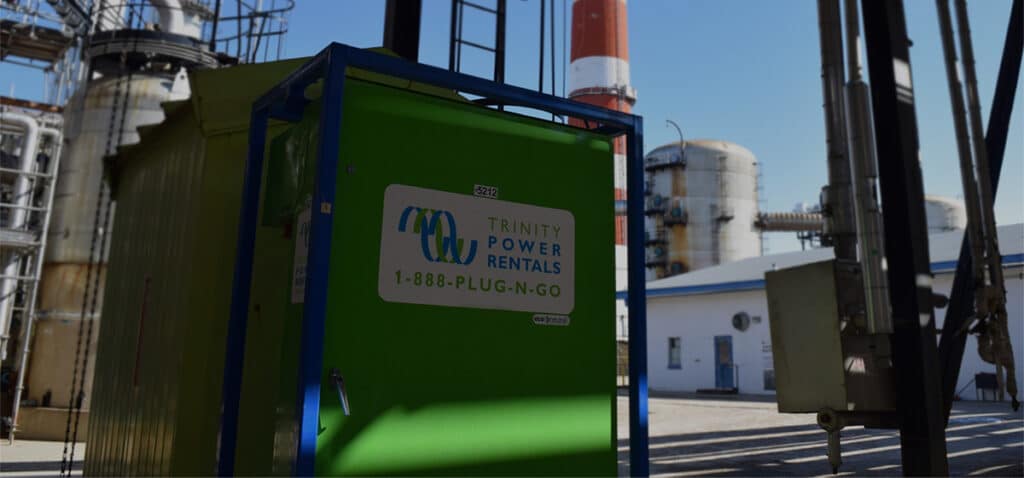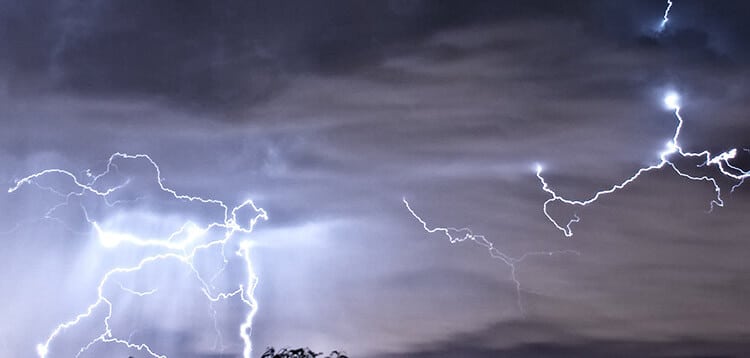- OUR APPROACH
-
COMMITTED TO YOUR SUCCESS
Our approach, developed over decades of experience, is fine-tuned to get the results you want.
We deliver concept-to-completion solutions, designed by temporary power specialists with access to the largest inventory of high-quality power generation and distribution equipment in North America.
-
- Equipment
-
RENTALS
From a wide range of diesel and natural gas generators to transformers, cable, light towers and more, our large rental fleet and extensive vendor network ensure we’ll have the temporary power equipment that your project requires — every time.

-
- Industries
-
INDUSTRIES WE SERVE
For nearly 20 years, we have been at work powering projects across Canada’s industrial sectors.
Select from this sampling of industries to learn how we can put our expertise to work for you.
VIEW ALL- Projects
- About
-
A PROUD HISTORY. A BRIGHT FUTURE.
From our inception in 1998, we have been building our team on a foundation of excellence. Our team members’ passion, expertise and commitment are what have allowed us to grow into a national company with projects across Canada.
Click on the links to learn more about our history, our team or our career opportunities.
- Blog
- Contact
-
Table of Contents:
- Natural Gas and Diesel Generators: What’s the Difference?
- When Natural Gas is the Way to Go
- The Best Choice Isn’t Always Natural Gas
- Is a Natural Gas Generator the Right Fit For Your Project?
On an oil and gas extraction site in Alberta, a Trinity customer had a challenge: what to do with the natural gas they were extracting along with the oil they were actually targeting? Using an innovative solution that included four natural gas-fueled reciprocating engine generators with a combined capacity of 4.96MW, the Trinity team was able to deliver a more lucrative alternative to flaring the natural gas that was being produced: selling it back to the grid.
This may not be a typical use of natural gas generators, but it does highlight one of their key attractions: cost savings.
The Trinity team regularly receives inquiries from prospective customers looking for a natural gas generator option that will help them save on their fueling costs.
But while they can offer a lot of benefits, natural gas generators aren’t the best solution for every project.
Tom Murphy and Tyler Ervin, two of Trinity Power’s Temporary Power Specialists, have helped a lot of customers source and install natural gas generators. They gave us the unvarnished truth about when natural gas really shines and when it might be best to stick with diesel.


Natural Gas and Diesel Generators: What’s the Difference?
The obvious difference between natural gas and diesel generators is the type of fuel they require. What’s not so obvious is all the ways in which that single factor differentiates one from the other.
“The main difference, and the number one reason customers want natural gas generators is the difference in fuel cost,” says Ervin. He explains that natural gas units are much costlier to rent up front, but depending on the duration of the project, and the size of the electrical load, the reduced cost of fueling a natural gas unit can more than make up the difference.
In some cases, fuel costs to power a natural gas generator can be pretty close to zero. As an example, Murphy explains, “A lot of shale gas sites like to use natural gas units because the fuel can be pulled directly out of the ground on-site, and they don’t have to pay anything in fuel.”
Natural gas generators can also be an attractive option for environmental reasons: they create fewer emissions than diesel units and generate less exhaust. They even run a little bit more quietly.
On the flip side, diesel generators tend to be the simpler option: they are easier to install, cheaper upfront and much more common. “There are diesel generators everywhere,” explained Ervin, “whereas there are only a few vendors that have the capability of providing natural gas generators.”
Beyond the cost differences and ease of use, diesel and natural gas units are surprisingly similar. “There’s not going to be much of a difference in the footprint,” says Murphy, adding, “It’s an engine and a generator and a control system – the same basic concept.”
Run Time, Run Time, Run Time: When Natural Gas is the Way to Go
“When contractors call us, many will automatically say they want a natural gas generator because it’s cheaper to run, or because they’re watching their carbon footprint,” says Ervin, “but they don’t necessarily understand the whole picture, or when natural gas makes sense.”
Whether or not natural gas is the right choice for a project will typically come down to three main considerations: project duration; generator run time and load; and the availability of natural gas on site.
“It’s got to be the right load profile and it’s got to be the right duration,” says Murphy.
“Long-term projects — usually with higher kilowatts — are where natural gas is really competitive,” explains Ervin. “Depending on run time, renting a natural gas unit starts to make sense when it’s going to be running for at least a month.”
Long-term projects also typically allow for the kind of advance planning that natural gas units often require, from setting up the necessary fueling infrastructure to completing the additional permitting that usually comes with using a natural gas generator.
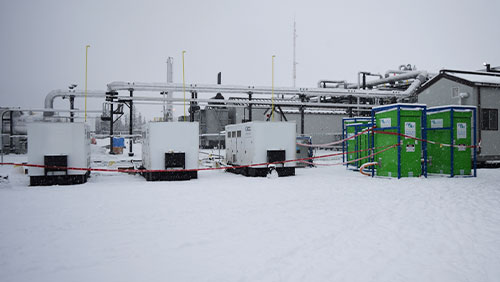
Where natural gas really shines is in situations where there is already a natural gas pipeline or tie-in point on site. “The best case scenario for a natural gas generator is when you have gas available and the connection is easy,” says Ervin, “so you don’t have to worry about hiring a pipefitter.”
Under the right circumstances, opting for a natural gas generator can generate enormous savings. “If we get a call from a client who needs power over the course of three months to a year or more and they’ve got access to natural gas, a lot of times it makes sense, cost-wise,” says Murphy. “I’ve seen up to 40% savings in fuel with natural gas over diesel.”
Weighing the Options: The Best Choice Isn’t Always Natural Gas
For all of their benefits, natural gas generators are not the best fit for every project.
For one, the up-front rental and installation costs of natural gas units tend to eclipse diesel generators, meaning that shorter projects are not likely to see a return on investment. “If it’s a 2-week project, it’s almost never going to pay off to go with natural gas,” says Murphy. “The sticker shock is the first thing that will either scare prospective customers away from natural gas or make them think twice.”
Ervin adds, “With a natural gas unit you need to have a pipefitter or a gas fitter on site to connect it to the gas line. You generally can’t have an electrician show up and start it up like a diesel, so there’s a cost difference there as well.”
Another key consideration is run time, for two important reasons: fuel savings and minimum load requirements.
“Natural gas generators are more susceptible to underloading than diesel units,” explains Murphy. “It can get ugly quickly with a 300kW generator running at 50kW.”
And if a natural gas generator is simply sitting on standby, it is unlikely to generate enough fuel savings to offset the higher up-front rental cost. As Ervin explains, “The more fuel you burn, the greater the difference it creates.”
Contractors who are looking at natural gas for its positive environmental impact probably won’t see the results they’re hoping for if there isn’t already a gas line on site. “If there’s not a natural gas line, then natural gas has to be trucked in, explains Ervin. “So your generator might be burning clean but now you have a tractor-trailer bringing in fuel every week, contributing to your carbon footprint.”
In some cases, usually involving very high kilowatt loads, it can still be more cost-effective to truck in natural gas than to use diesel. This is called a virtual pipeline, although there’s nothing virtual about it. In these cases, sites will have fuel tanks to hold the natural gas being transported to the site, as well as a vaporizer to transform the gas into fuel that the generators can use.
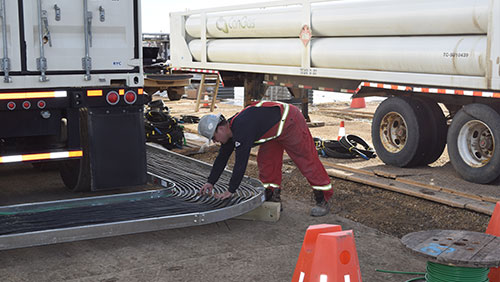
In the majority of cases, however, diesel will be cheaper than constructing a virtual natural gas pipeline.
Is a Natural Gas Generator the Right Fit For Your Project?
When a prospective client calls looking for a natural gas generator rental, there are a few key questions that Ervin and Murphy like to ask.
“For me, the conversation is the same whether someone is looking for diesel or natural gas,” says Murphy. “The questions to ask are: what is the project, what’s the duration, and what is the scope? It’s about understanding the full project, including having a good understanding of what the project loads actually are, and whether or not they have enough fuel on site.”
Ervin adds, “I also want to know what the available footprint is, whether there’s a fuel source available on site, and what the timeline and budget are for the project.”
The question of whether or not to choose natural gas really comes down to this: what’s the best choice for the project? If you need help answering that question, Ervin, Murphy and the rest of the team would be happy to take your call.
Related Articles
Subscribe for access to exclusive content


